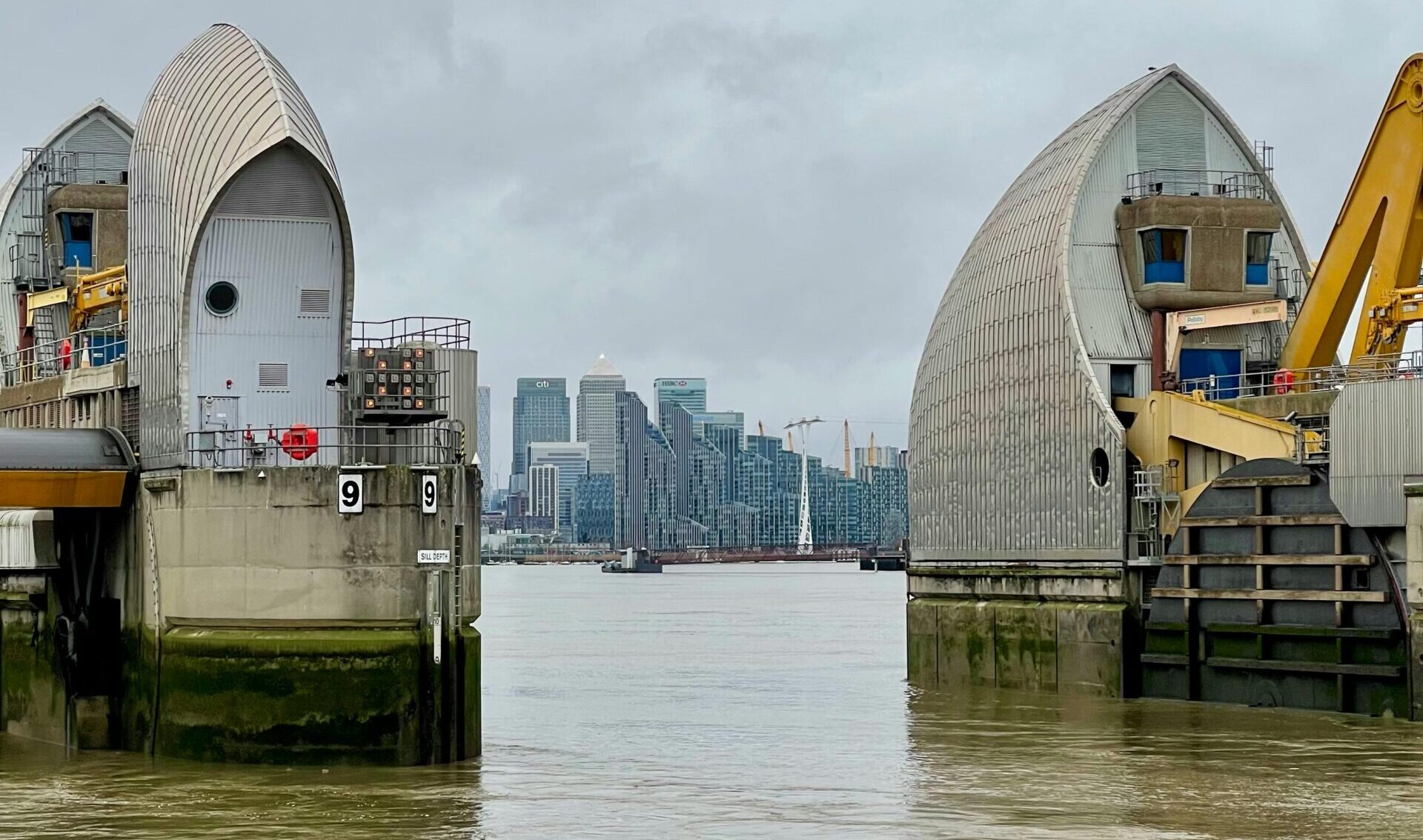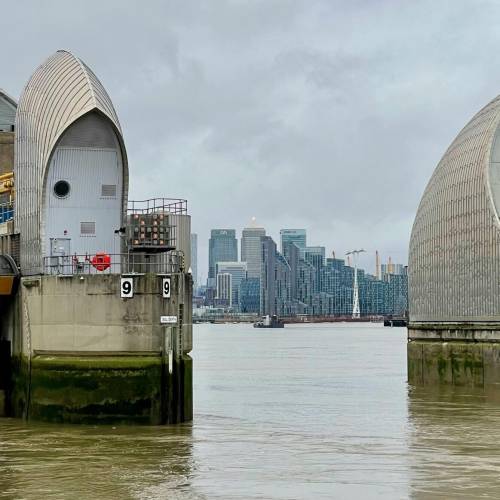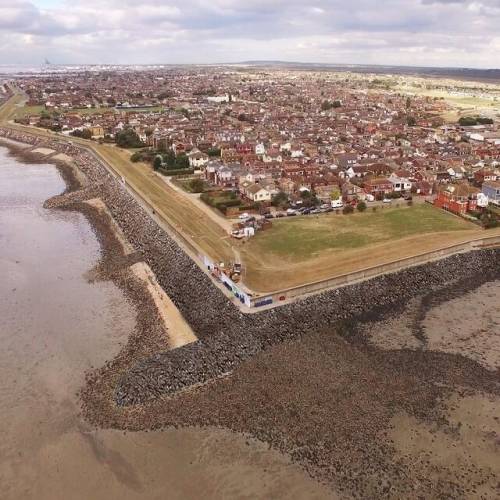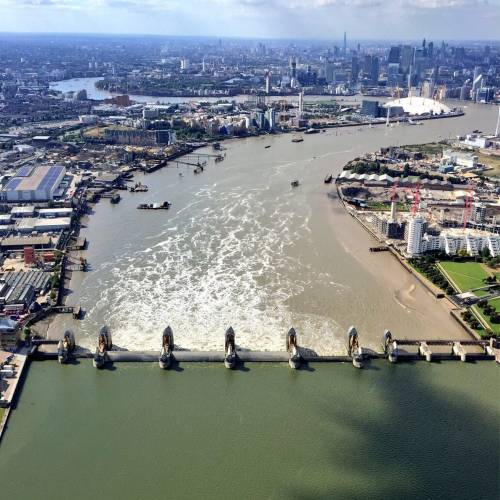As an integral part of TEAM 2100’s 10-year work programme, the Policy Unit Defect Analysis (PUDA) project aligns with the Environment Agency’s objective to inspect all defences in London and the Thames Estuary.
The project, which commenced in AP9 and is scheduled to conclude in AP10, aims to inspect approximately 1300 assets across 17 different policy units.
In June 2023, Dalcour Maclaren (DM) was instructed to assist the project team in arranging private land access to facilitate the asset inspections. As the Environment Agency’s estate representatives on the TEAM 2100 programme, one of DM’s core services is arranging access to third-party private land. We have been able to deliver this service successfully for the PUDA project.
Our Challenge
The project’s expansive scope, spanning 17 different policy units from Richmond to the Isle of Grain, presented a significant challenge in identifying all the necessary landowners and occupiers for land access arrangements. To address this, the Environment Agency enlisted DM’s land referencing team to support the project. The team undertook a comprehensive exercise to identify all relevant interests and their contact details, encompassing those who own and occupy land and property adjacent to the River Thames and Thames estuary. This data is now recorded on our mapping system and is accessible to all TEAM 2100 projects.
How we did it
To arrange access to private property, our initial step involved approaching the landowner and occupier to inform them of the upcoming requirement to access their land or property for a non-intrusive inspection of their flood asset. This proactive communication proved beneficial in addressing any concerns promptly and provided an opportunity to explain the formal Notice of Intended Entry process. Subsequently, we issued the landowner or occupier a Notice of Intended Entry under sections 165 and 172 of the Water Resources Act 1991 to formalise private land access.

Short Term Benefits
While many assets were accessible from the Thames Path, several required private land access arrangements. The project aims to inspect at least 80% of all identified assets. Currently, the project is on track to achieve this goal by its scheduled conclusion in October 2024, with DM playing a pivotal role in its successful delivery.
Long Term Benefits
PUDA’s long-term objective is to identify assets that necessitate more detailed investigations. The insights gleaned from these inspections will inform the refurbishment and replacement programme and guide the Environment Agency’s management of the flood defence system over the next century.
Sector
Transport and Infrastructure
Location
London
How we helped
Private Land Access and Stakeholder Engagement
Get in touch








